Out, outside, out of (A2)
Out, outside, out of – procvičování:
Na Landigo máme další související lekci: Out of, off (A1)
Porovnejte:
|
Nick is out.
|
Nick je venku. |
|
Nick is outside.
|
Nick je venku (= na čerstvém vzduchu). |
|
Nick is out of the hotel.
|
Nick je venku z hotelu. |
The sun is coming out. Get out of the car and take a photo.
| Ven: |
The sun is coming out.
|
| Ven z něčeho: |
Get out of the car.
|


Out = venku
Outside = venku (na čerstvém vzduchu)
Out of something = ven z něčeho
OUT překládáme často jako ven; venku:
|
Joana went out.
|
Joana šla ven. |
|
Don't jump out!
|
Neskákej (ven)! |
|
Are you still out?
|
Jsi ještě venku? |
S podobným významem jako OUT používáme OUTSIDE. OUTSIDE obvykle popisuje místo někde na čerstvém vzduchu, odkud je vidět obloha:
|
Joana wanted to be outside, so she went to the park.
|
Joana chtěla být venku, tak šla do parku. |
OUT OF překládáme často jako (ven, venku) z nebo mimo:
|
Joana went out of the office at 5 pm.
|
Joana odešla z kanceláře v pět. |
|
Don't jump out of the window!
|
Neskákej z okna! |
|
Are you still out of the office?
|
Jsi stále ještě mimo kancelář? |
Porovnejte OUT a OUT OF:
|
Get out! There is a shark in the water.
|
Vylez ven! Ve vodě je žralok. |
|
Get out of the water!
|
Vylez z vody! |
|
He opened the drawer and took something out.
|
Otevřel zásuvku a vyndal něco ven. |
|
He took something out of the drawer.
|
Vyndal něco ze zásuvky. |
OUT OF používáme před podstatným jménem (out of the water, out of the drawer). OUT používáme samostatně.



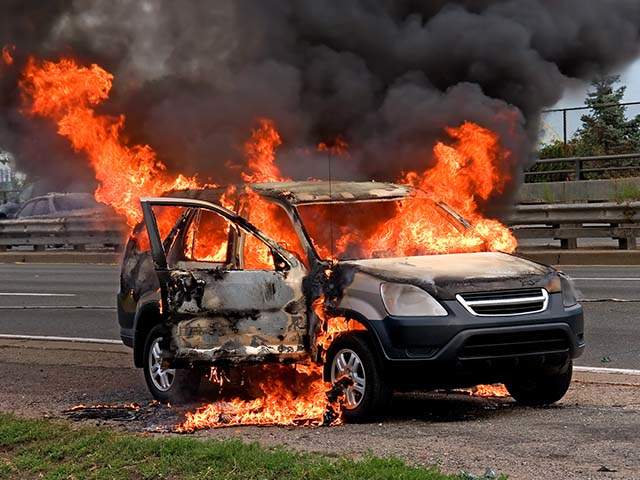

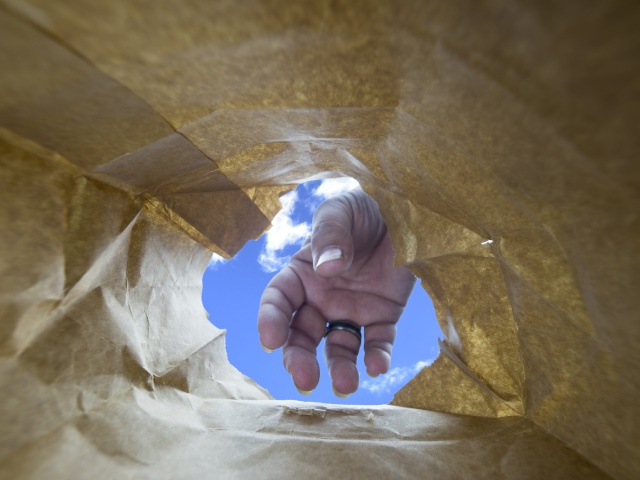





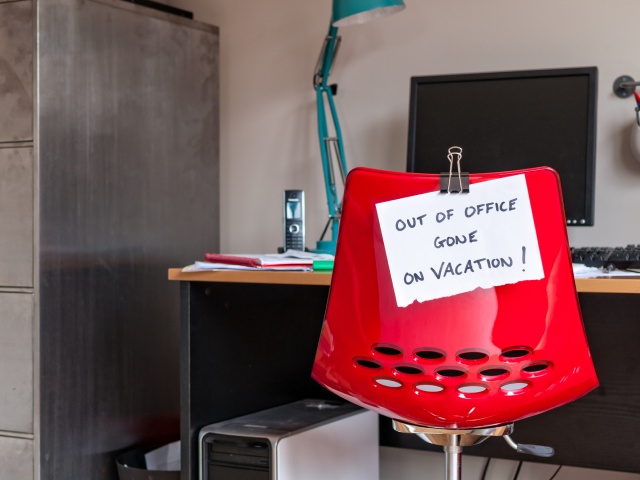




I forgot to take the meat out of the oven.
| Ven z (čeho): |
take it out of the oven
|
| Ven: |
take it out
|


Why is the ice cream out? Don't leave it out of the freezer.
|
Why is it out of out?
|
|
Don't leave it out the freezer out of the freezer.
|


The kids are still playing outside.
| Venku (na čerstvém vzduchu): |
They're outside.
|
| Venku: |
They're out.
|


Protikladem OUT je IN:
|
We'll eat out tonight. (= eat at a restaurant, not at home)
|
Dnes na najíme v restauraci. |
|
We'll eat in tomorrow. (= eat at home)
|
Zítra se najíme doma. |
Protikladem OUT OF je IN/INTO:
|
Take your hands out of your pockets.
|
Vytáhněte ruce z kapes. |
|
Don't put your hands into your pockets.
|
Nedávejte si ruce do kapes. |
GET OUT OF používáme ve významu vystoupit z malého dopravního prostředku (car, taxi, lift...). Opakem je GET IN/INTO:












I can't get out of the taxi. The door won't open.
| Ven z (čeho): |
out of the taxi
|
| Do (čeho): |
into the taxi
|

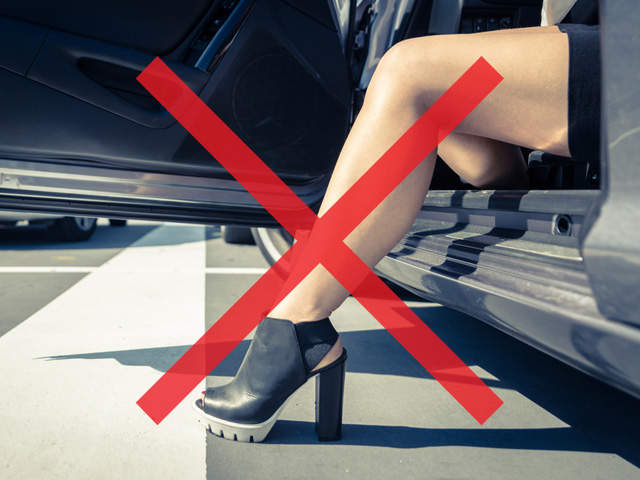
Check out, find out, ask out...
OUT používáme ve frázových slovesech, jako např. CHECK OUT, FIND OUT, ASK OUT, FILL OUT, MAKE OUT:
|
What time do we have to check out?
|
V kolik se musíme odhlásit z hotelu? |
|
I haven't found out yet who stole it.
|
Ještě jsem nepřišla na to, kdo to ukradl. |
|
Will you ask Jessica out?
|
Pozveš Jessiku na rande? |
|
You should work out to get stronger.
|
Měl bys posilovat, abys zesílil. |
|
Tom and Jenny made out last night.
|
Tom a Jenny se včera líbali. |
I found out that Vicky was lying to me again.
| Zjistit: |
find out
|


We have to check out early in the morning.
| Odhlásit se z hotelu: |
check out
|


Watch out! This road is very dangerous.
| Dávat pozor: |
watch out
|


Be/run out of something = dojít; nemít něco
OUT OF používáme, pokud něco došlo (už to není) nebo někdo něco už nemá. Obvykle v kombinaci se slovesem BE nebo RUN:
|
We're out of money.
|
Došly nám peníze. |
|
The printer has run out of ink.
|
V tiskárně došel inkoust. |
|
I'm out of a job now.
|
V současnosti nemám práci. |
|
Hurry up. We're running out of time.
|
Pospěš si. Už nemáme moc času. |








It looks like the whole city is out of power.
| Být bez něčeho: |
|
be out of power
|
|
be out of electricity
|
|
be out of energy
|


Made out of something = vyrobeno z něčeho
Pomocí OUT OF vyjadřujeme, z jakého materiálu je něco udělané, vyrobené, postavené apod.:
|
This bed is made out of wood.
|
Tato postel je dřevěná. |
|
The dress was made out of old jeans.
|
Šaty byly ušity ze starých džínů. |
|
Will you build the wall out of bricks?
|
Budete stavět zeď z cihel? |
You can eat the decoration. It's made out of sugar.
| Vyrobený z (čeho): |
made out of sugar
|

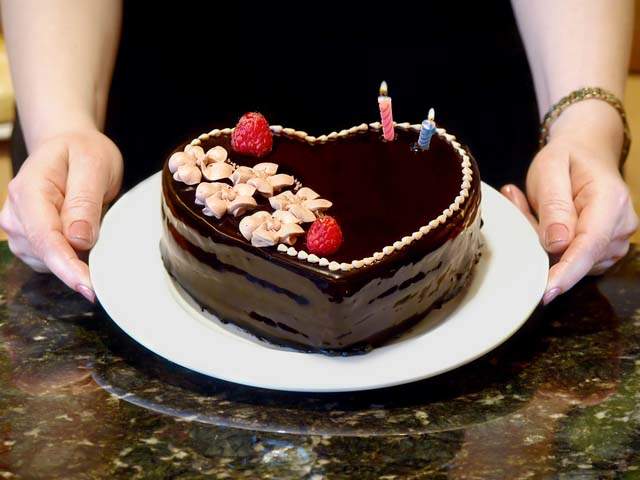
Out, outside, out of – shrnutí a tip na závěr:
- OUT → venku (He's out.)
- OUTSIDE → venku na čerstvém vzduchu (He's outside.)
- OUT OF SOMETHING → ven z něčeho (He's out of the hotel.)
- OUT + frázová slovesa (check out, find out, ask out...)
- BE/RUN OUT OF SOMETHING → dojít; nemít něco (out of money, time, milk...)
- OUT OF SOMETHING → z nějakého materiálu (made out of wood)
- Doporučujeme si procvičit OUT, OUTSIDE a OUT OF v našich cvičeních.
